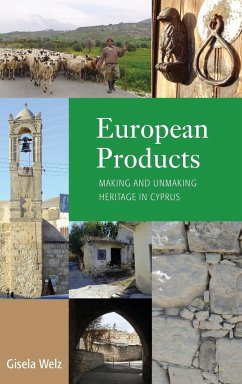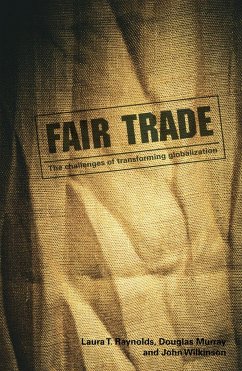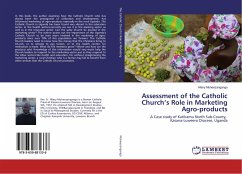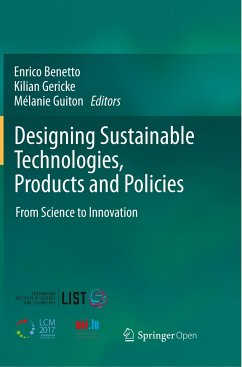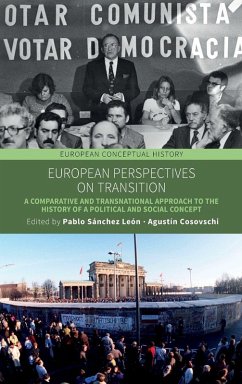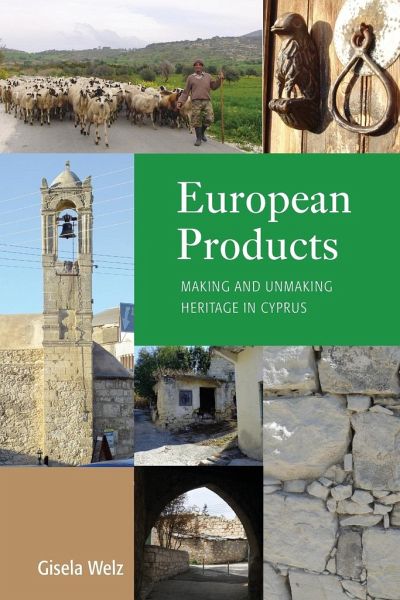
European Products
Making and Unmaking Heritage in Cyprus
Versandkostenfrei!
Versandfertig in 1-2 Wochen
37,99 €
inkl. MwSt.
Weitere Ausgaben:

PAYBACK Punkte
19 °P sammeln!
Illuminates how heritage management has provided inroads for the Europeanization of societies in southern Europe - this is unique and has hardly been tackled, neither in European Studies nor in Heritage Studies. Does not only address the notion that "heritage" is the outcome of processes of the social construction but also proposes a new conceptual issue that anthropologists need to tackle, i.e. how do we theorize the "unmaking" of heritage? Unlike most social science studies of Cyprus, this book does not address the postwar predicament of Cyprus, the division of the island, or the likelihood ...
Illuminates how heritage management has provided inroads for the Europeanization of societies in southern Europe - this is unique and has hardly been tackled, neither in European Studies nor in Heritage Studies. Does not only address the notion that "heritage" is the outcome of processes of the social construction but also proposes a new conceptual issue that anthropologists need to tackle, i.e. how do we theorize the "unmaking" of heritage? Unlike most social science studies of Cyprus, this book does not address the postwar predicament of Cyprus, the division of the island, or the likelihood of achieving reconciliation between the two main communities. Instead, the book focuses on EU accession and its aftermath. Study also takes up with the causes and effects of the financial crisis for Southern European populations.




